- Bernard Preston homepage
- Compost
- Compost Or Mulch
Compost or mulch?
Compost or mulch is not something we should worry too much about; both are important in the organic garden. The range of benefits go far beyond the new buzzwords; wellness, finances and lifestyle.
During autumn and winter, gardens are full of dead leaves and the prunings of ginger, hydrangeas and many other plants. A decision needs to be made on how best to dispose of them. Don’t send them to the dump. They are a veritable store of nutrients for your soil.
As inexperienced gardeners just starting out we put everything into the compost heaps; that wasn’t bad but there are other factors to consider. The first is prunings that have sharp barbs like roses and bougainvilleas. We soon realised they should not go into the general pile; decay is slow and you can do serious damage to your fingers.
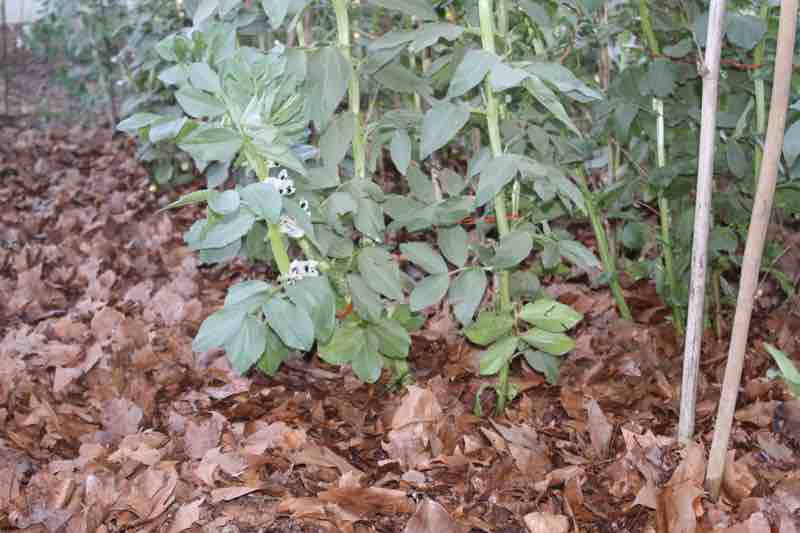
Long, thin branches from pruning say the plum trees make it very difficult to turn your pile. So we started what we call the “rough compost heap.” It doesn’t get turned and you only delve into it with gloves on. Often it will only produce usable humus after a year or more; it's perfect for planting pumpkins and butternut.
At the end of winter and before the rains start is when we open our heaps and spread the friable material. Shoving barrows of heavy, wet compost around the garden is a thankless task. But there again, one such pile is designated for pumpkins and butternut; it is left intact until the fruit has been harvested in autumn.
The members of the pumpkin family in general are very heavy feeders; dropping the seeds directly into a compost heap is ideal.
Then you get monsters like this; the taste was fantastic. Just compare it with a commercial butternut.
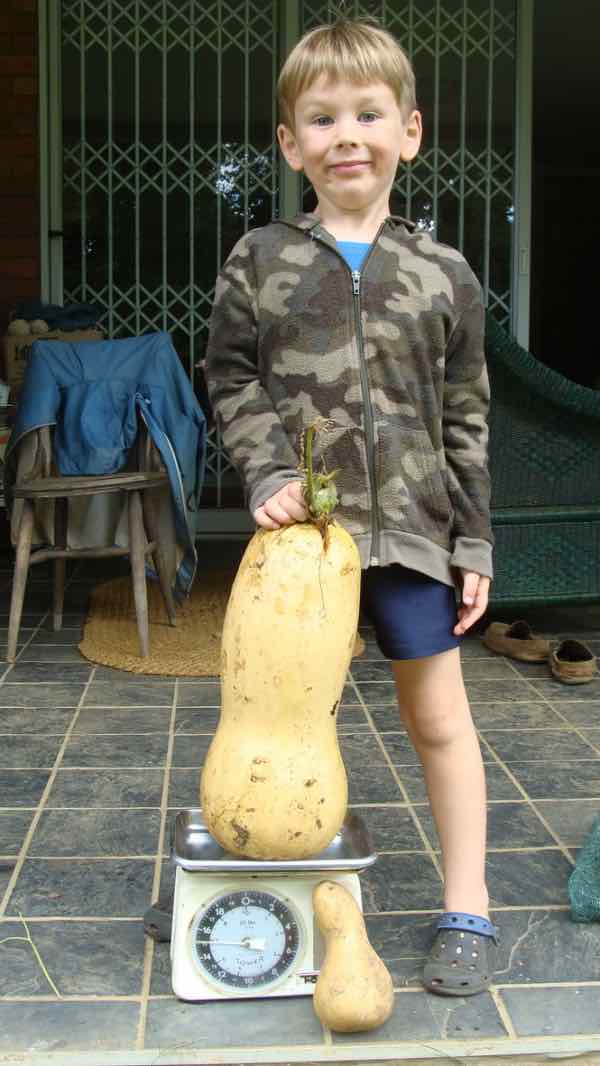
Most heaps take at least four months to turn garden and kitchen waste into usable compost, and often longer. Our introduction to worm farms changed all that; they break down the fibrous material much more quickly adding other unique nutrients.
Mulching
And finally with the price of water rising so dramatically we started to think about mulching. Dry autumn leaves are perfect for placing around our veggies, hindering the weeds too.
Mulch really is a mini heap though the leaves do break down more slowly; that is both a benefit and detracts. The humus will not be available as quickly as that from composting or worm farms. One other huge blessing is that the heavy mature product does not need to be barrowed around the garden; it’s produced in situ.
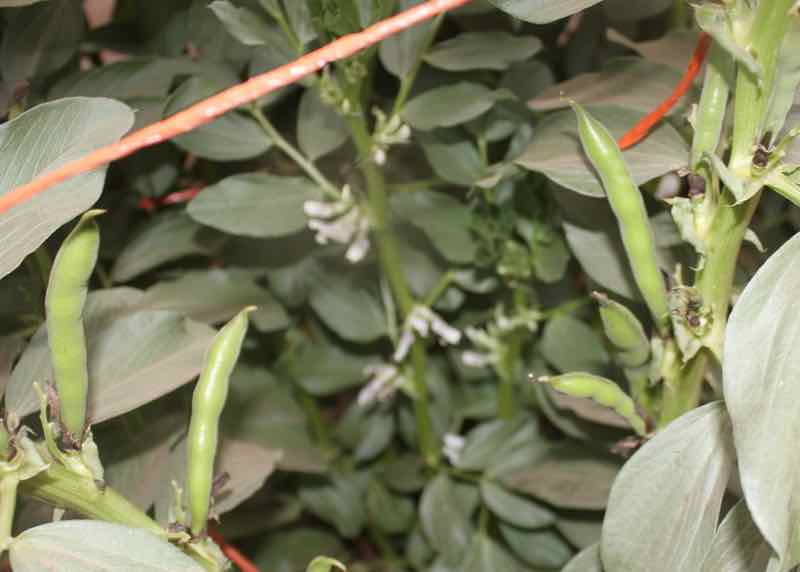
We also put down large pieces of cardboard below the mulch; I was against the idea initially but now am convinced. One finds many earthworms beneath the sheets; if they don’t mind, then it cannot be all bad. It is devoured in a very short time and really helps with the weeds.
So it’s not a debate about either compost or mulch. We still build many heaps, though they are smaller and especially in winter spread dry leaves between as many plants as we can; it really saves a lot of water and work.
Since we started mulching in earnest this winter we have the most spectacular crops of greens, peas and broad-beans.
"In the face of extraordinary and unsettling transition, perhaps turn to ways of wisdom that cultivate intuition, patience and ingenuity."
- Rev Cameron Trimble
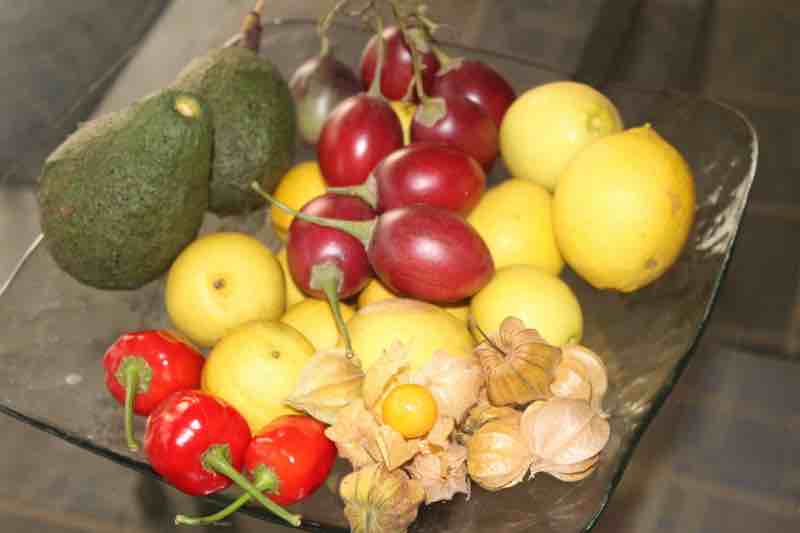
Growing a mound of tasty, nutritious food in your own garden really is possible. As an aside I have a new project this year; can I grow and enjoy fresh fruit every single day? It is now three months and it gets the thumbs-up, actually with ease. It is August as I write; we have gooseberries, citrus and avocados galore.
Soon there will be mulberries, and many others; last month we still were enjoying peppadews and tamarillos. It has not been difficult, but then we don’t spend hours watching TV and on social media.
Spring is the season to get your potatoes, beans seeds and heaps of different greens into your garden; dig up some lawn if need be. Perhaps start with a row of spinach[2].
Surplus fruit is either frozen or preserved as jellies or mead[3]; more about that next month.
Compost or mulch?
Compost or mulch is a question to be considered every autumn; wellness, finances and lifestyle.
So yes, it's true. In our eighth decade both the good wife and I are extremely well and take no medication; with very few aches and pains but we are both needing new spectacles. We spend very little money on food. The lifestyle at our green home is without equal. We envy no one and look forward to each day in our dotage with pleasure.
What food do we buy? Whole grains in bulk, dairy products and small amounts of chicken and meat is where most of it goes. Selling 100% flour and natural-honey at the farmers' market brings in a tidy little income.
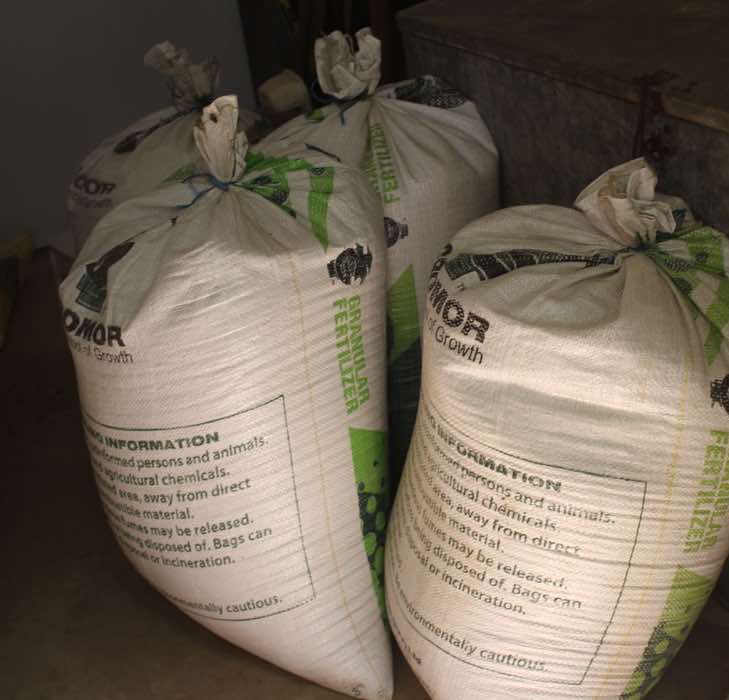
"The 2019 study found that emissions associated with food accounted for about 13% of total consumption-based emissions in C40 cities and of that, 75pc stems from animal-based products."
- Daily Maverick
Moving to what we call Cyan Zone standards, good for both our health and that of the planet, is what it's about. Is it time to get more protein from legumes? Then plant green beans and peas. The debate about compost or mulch is neither here nor there.
When browsing use right click and "Open Link in New Tab" or you may get a bad gateway signal.
Newsletter
Our newsletter is entitled "create a cyan zone" at your home, preserving both yourself and Mother Earth for future generations; and the family too, of course. We promise not to spam you with daily emails promoting various products. You may get an occasional nudge to buy one of my books.
Here are the back issues.
- Lifestyle and ideal body weight
- What are ultra-processed foods?
- Investing in long-term health
- Diseases from plastic exposure
- Intensive lifestyle management for obesity has limited value
- A world largely devoid of Parkinson's Disease
- The impact of friendly bacteria in the tum on the prevention of cancer
- There's a hole in the bucket
- Everyone is talking about weight loss drugs
- Pull the sweet tooth
- If you suffer from heartburn plant a susu
- Refined maize meal and stunting
- Should agriculture and industry get priority for water and electricity?
- Nature is calling
- Mill your own flour
- Bake your own sourdough bread
- Microplastics from our water
- Alternative types of water storage
- Wear your clothes out
- Comfort foods
- Create a bee-friendly environment
- Go to bed slightly hungry
- Keep bees
- Blue zone folk are religious
- Reduce plastic waste
- Family is important
- What can go in compost?
- Grow broad beans for longevity
- Harvest and store sunshine
- Blue zone exercise
- Harvest and store your rainwater
- Create a cyan zone at your home
Did you find this page interesting? How about forwarding it to a friendly book or food junkie? Better still, a social media tick would help.
- Bernard Preston homepage
- Compost
- Compost Or Mulch
Address:
56 Groenekloof Rd,
Hilton, KZN
South Africa
Website:
https://www.bernard-preston.com